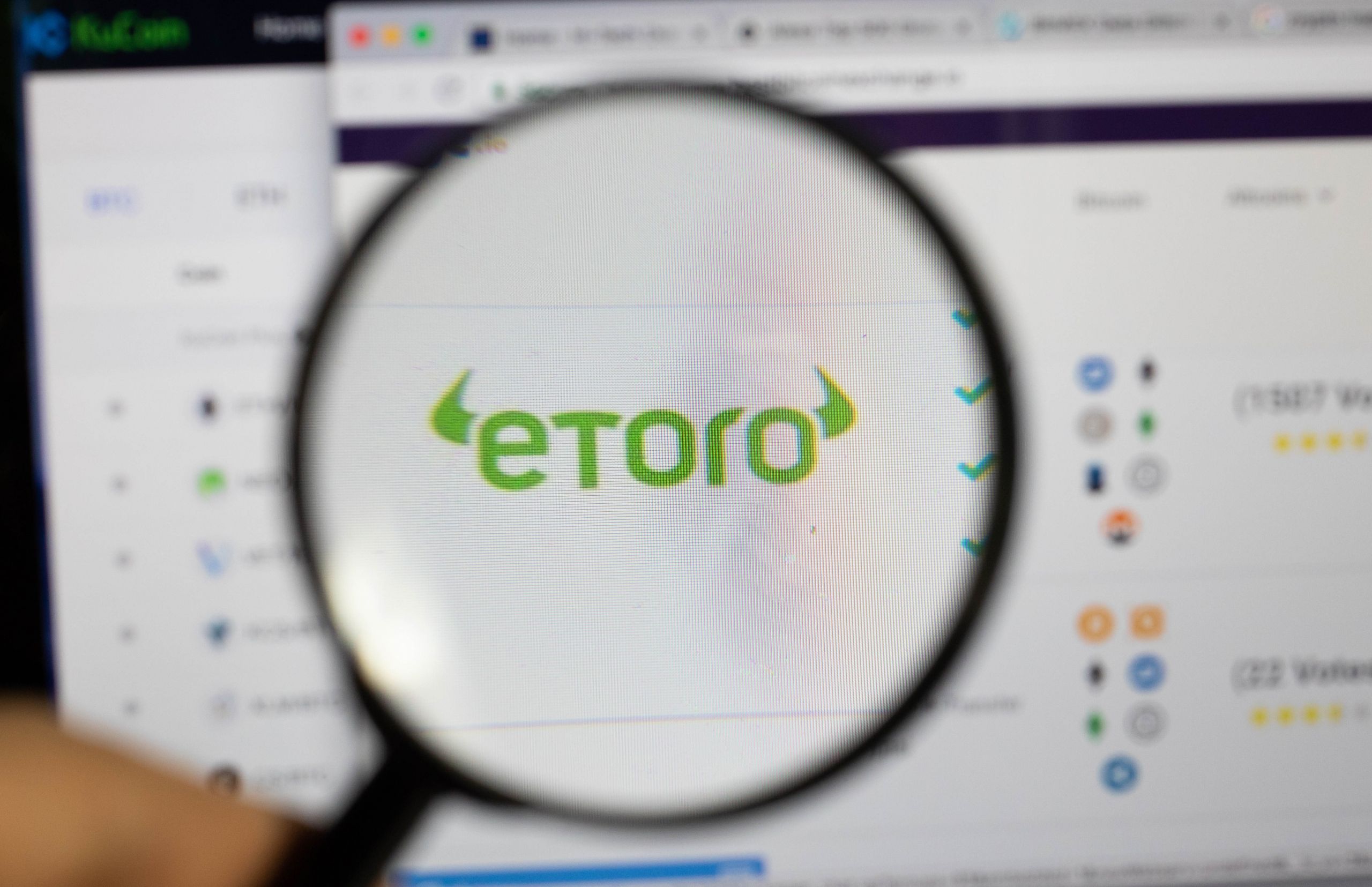ARTICLE AD
To set up their digital yuan wallets, Hong Kong residents just need their local phone numbers. Hong Kong is currently conducting this pilot program for e-CNY within the Greater Bay Area.
Chinese authorities are making another push to boost the utility of its central bank digital currency (CBDC) aka digital yuan, e-CNY. As per the latest Bloomberg report, Hong Kong has launched a pilot program allowing digital yuan payments facilitated through some of the top Chinese banks.
As a result, Hong Kong residents will be able to open digital yuan wallets with the Bank of China, China Construction Bank, Bank of Communications, and Industrial and Commercial Bank of China. Via these CBDC wallets, users can make payments directly to merchants in Mainland China.
To set up their digital yuan wallets, Hong Kong residents just need their local phone numbers. Hong Kong is currently conducting this pilot program for e-CNY within the Greater Bay Area and other areas. Furthermore, the users can top up their e-CNY wallets via FPS, a local payments system.
Eddie Yue, Chief Executive of the Hong Kong Monetary Authority (HKMA), stated that they will maintain close collaboration with the People’s Bank of China to progressively extend the usage of e-CNY and enhance its functionalities.
The goal is to increase the adoption of the digital yuan among retail merchants in both Hong Kong and mainland China. This initiative marks Hong Kong as the inaugural location outside mainland China where residents can establish e-CNY wallets, as confirmed by the HKMA.
China’s Challenges with Digital Yuan
So far, China has rolled out the digital yuan wallets to more than 260 million users, after piloting e-CNY in a few cities in 2020. However, pushing the adoption of Digital Yuan among users has been an uphill task for Chinese authorities amid competition from existing players like Alipay and WeChat Pay. Furthermore, the Chinese locals are cashing out their CBDCs amid privacy concerns.
Efforts are underway to expand the yuan’s presence in the global payments market. Data monitored by Swift indicates that since last year, the total value of payments conducted in yuan has increased by nearly 1.5 times, albeit from a modest starting point.
The official introduction of the digital yuan project in Hong Kong coincides with the city’s endeavor to cultivate a virtual asset hub. This initiative, launched in 2022, includes the implementation of a licensing framework for cryptocurrency exchanges and the recent listing of exchange-traded funds focused on Bitcoin and Ether tokens.
Last year in 2023, China conducted its first cross-border settlements in e-CNY. In October, PetroChina Co. made a purchase of one million barrels of crude oil using e-CNY, as reported by BI. Additionally, in December, the Bank of China oversaw the first settlement in iron ore amounting to 24 million yuan ($3.3 million) and the inaugural settlement in gold valued at 100 million yuan.

 8 months ago
42
8 months ago
42 

